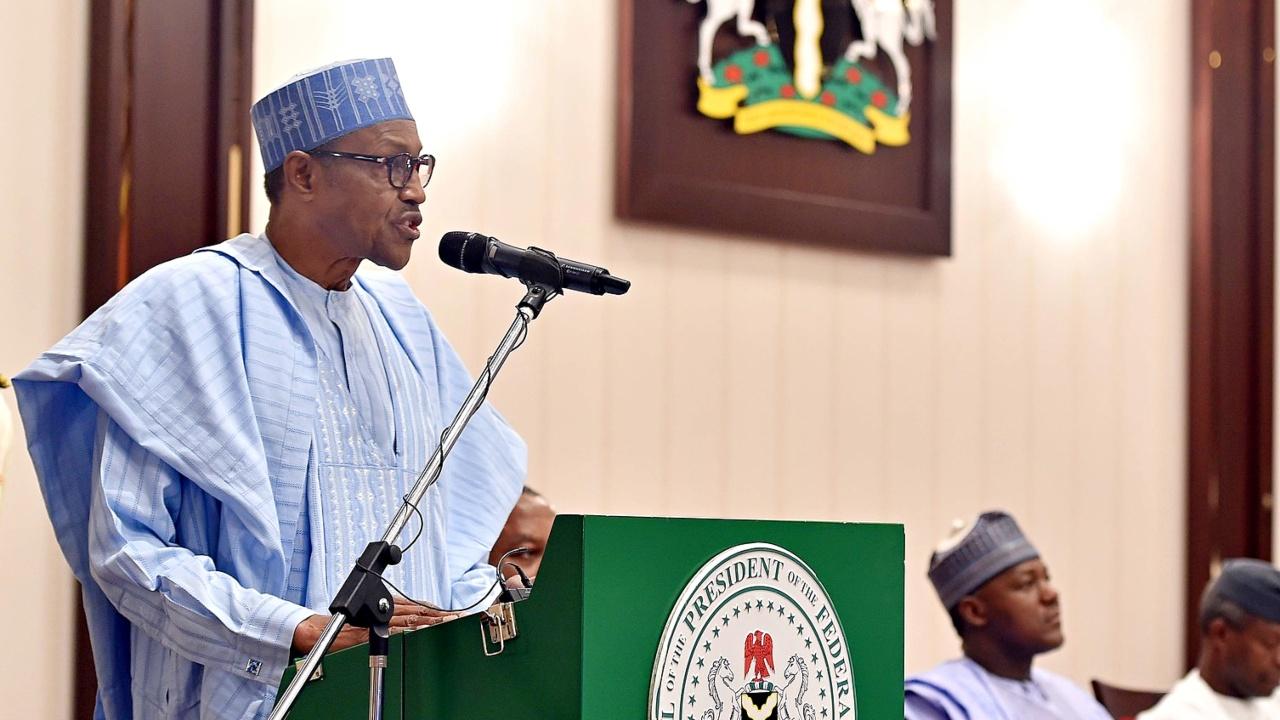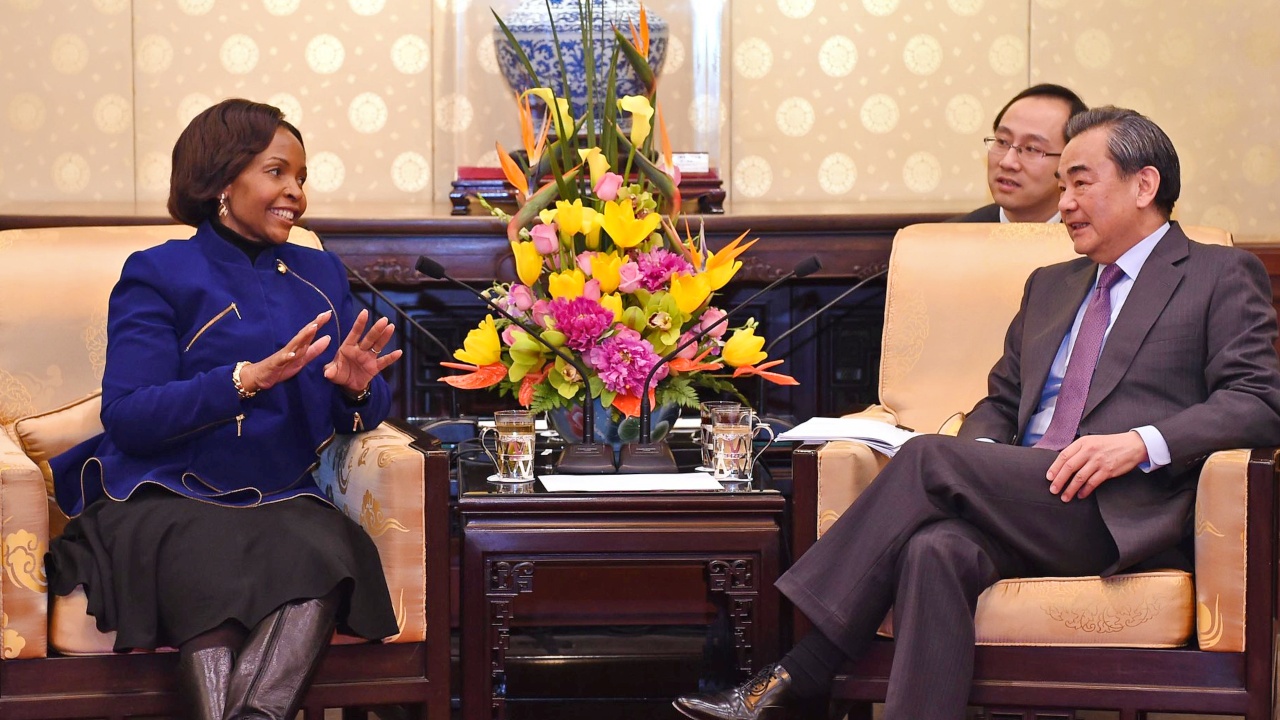Since 2013, the UN has pursued a predominantly militarised approach to peacekeeping in the Democratic Republic of Congo. However, lessons learned suggest that the UN Security Council should exercise caution when it comes to relying on offensive military operations to solve security problems.
For more than two decades, the United Nations (UN) has maintained one of its largest peacekeeping presences in the Democratic Republic of the Congo (DRC). Of all the things the mission has done – facilitating elections, demobilising combatants, and child protection, to name just a few – the mission is perhaps most characterised by its involvement in offensive military operations to neutralise non-state armed groups.
According to policymakers, the purpose of these operations is to protect civilians and bolster state authority. However, as the mission draws down, policymakers and member states are forced to reflect on whether its militarised approach to peacekeeping has had any positive impact. Will the DRC be any safer or more secure after the UN leaves than it was before the mission came?
To be sure, a number of scholars have documented the positive effects of peacekeeping, including that it can reduce the duration of conflict, make peace more durable and lower levels of violence against civilians. While I don’t contest any of these findings, lessons from the DRC context in my own research suggest that the UN Security Council should exercise caution when it comes to relying on military operations to solve on-the-ground security problems.
While military operations have achieved some short-term gains in the DRC, in particular providing immediate stopping power to insurgency groups like the M23, they have come at a significant cost that arguably outweighs the benefits achieved.
Lessons from the DRC
First, pursuing military solutions to the presence of non-state armed groups has closed the door on sustainable political solutions. When the M23 marched on Goma, for instance, it forced the government to the negotiating table, resulting in a comprehensive regional political deal; the uprising of armed groups can force the government to respond to legitimate grievances. However, once that threat had been removed by military force, the government’s decision calculus changed. After all, why should the government negotiate when it can simply silence dissenting voices with force? This is not to say that the use of force cannot be effective when tied to a clear political strategy. However, in the case of the DRC, force has been a substitute for creating open political spaces.
Second, and related, the use of force in the DRC has been incredibly statist in nature – part of what the UN refers to as ‘stabilisation’ in peacekeeping. This means that military operations aim to bolster state authority and increase its ability to exercise control over its territory. In theory, this is a good thing and it may indeed be required for longer-term peace consolidation. However, there is a tendency to view the Congolese state as ‘weak,’ without recognising that the DRC’s problems are also due to the government’s predatory and clientelistic nature. Unless support to the state is accompanied by a meaningful commitment to reform – something that has been largely absent – it is unlikely that simply strengthening current structures will create meaningful solutions.
Third, by engaging directly in offensive military operations, the UN has become a party to the conflict, compromising its status as an impartial actor. Legally, this matters because it means that UN peacekeepers lose their protected status under international law. There are also political consequences when the UN takes a side in the fight, as it can disrupt its relationships with other armed groups, troop- and police-contributing countries, regional actors and local communities. It can also negatively impact the UN’s humanitarian work, which is premised on the principle of impartiality.
Finally, it is not clear that the UN’s support to military operations have been effective overall in dealing with non-state armed groups. Other than its initial defeat of the M23 in 2013, the mission has been largely unable to neutralise other armed groups, and the risk to civilians remains high. The number of internally displaced people has continued to rise, as has the number of human rights violations in conflict areas. The number of individuals killed by armed groups in summary executions or arbitrary killings tripled from 2019 to 2020 and shows no signs of abating. Risk to civilians is further compounded by an increase in collateral damage stemming from military operations.
With more than two decades on the ground, the UN mission in the DRC has struggled to accomplish the tasks set before it. There is no question that the security and political environment in the DRC is incredibly complex – there are no easy solutions to these challenges. However, lessons from this case should cause Security Council members to think twice about replicating the approach taken in the DRC in other mission settings. Military operations in peacekeeping settings must be planned and undertaken with great care and with a full awareness of the risks they pose, not only to achieving political solutions, but also to the very people they are there to protect.
Photo: Transport de la ration FARDC à Minembwe par la MONUSCO. Licensed under CC BY-SA 2.0.






Dear Mrs Russo, thanks for sharing this article.
Just by curiosity: have you been in Eastern Congo for this study?
Kind regards,
Jan Goossens